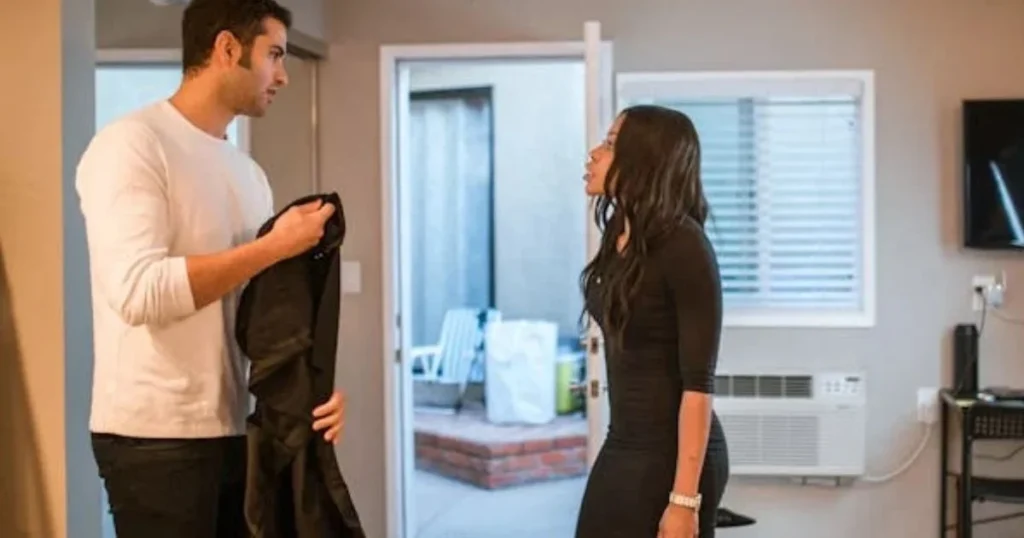
Marriage has traditionally been seen as a cornerstone of adulthood, symbolizing love, commitment, and stability. Yet, in recent decades, many Americans have grown increasingly hesitant to walk down the aisle. Marriage rates in the U.S. have declined significantly, leaving us to wonder—what’s behind this fear of marriage? Americans Afraid of Getting Married
Introduction: The Decline in Marriage Rates
Did you know that marriage rates in the United States are at an all-time low? According to the Pew Research Center, the number of married adults has dropped from 72% in 1960 to just 50% in recent years. While some attribute this to changing social norms, others point to deeper fears about what marriage entails.
But what is it about marriage that has so many Americans second-guessing? Is it the financial burden? The commitment? Or perhaps something more profound? Let’s unpack the fears that keep people from taking this leap.
Understanding the Fear of Marriage
Societal Shifts in Marriage Perception
Marriage is no longer viewed as the ultimate goal for adulthood. Today, many Americans prioritize career advancement, personal freedom, and self-discovery over tying the knot. For some, marriage feels more like an outdated tradition than a necessity.
Financial Concerns
Marriage can be expensive. From extravagant weddings to shared financial responsibilities, many Americans are wary of the monetary implications of getting married. A 2022 study by WeddingWire found that the average wedding cost in the U.S. is over $30,000, which can be daunting for young couples already burdened by student loans or other debts.
The Role of Individualism
American culture highly values independence and personal achievement. Some fear that marriage could compromise their ability to pursue individual goals, leading to hesitation about commitment.
💬 “In a society that celebrates independence, the idea of merging your life with someone else can feel like losing part of yourself.”
Common Reasons Americans Fear Marriage
Fear of Commitment
Committing to one person for a lifetime can feel overwhelming. Many Americans worry about making the “wrong” choice or fear they’ll lose their sense of identity in the process.
High Divorce Rates
Divorce statistics are hard to ignore. With nearly 40-50% of marriages ending in divorce, the fear of failure looms large for many. Watching friends or family go through painful separations can amplify these anxieties.
Unrealistic Expectations
Media often paints an idealized picture of marriage, filled with romance and perfection. When real-life relationships don’t measure up, people fear they’ll fall short of these expectations and disappoint their partner.
Lack of Trust
Trust is the foundation of any marriage, but it doesn’t come easily for everyone. Past betrayals or fear of infidelity can make the prospect of marriage feel risky.
How Cultural and Economic Factors Influence Marriage Fears

Changing Gender Roles
Traditional gender roles in marriage have evolved. Today’s partnerships often strive for equality, but navigating this shift can feel uncertain for some. Who handles the finances? Who stays home with the kids? These questions can create apprehension.
Economic Instability
The rising cost of living, housing, and education makes marriage feel like an added financial strain. For many, the fear of not being able to afford a stable family life outweighs the benefits of getting married.
The Influence of Media
Movies, TV shows, and social media often highlight the challenges of marriage, such as infidelity, power struggles, or unhappiness. These portrayals can reinforce negative perceptions of what it means to be married.
Psychological and Emotional Aspects of Marriage Anxiety
Past Traumas or Family Experiences
Growing up in a broken home or witnessing toxic relationships can leave lasting scars. These experiences shape how individuals view marriage and can instill fear about repeating the same patterns.
Fear of Losing Independence
Marriage often requires compromise and shared decision-making, which can feel like a loss of personal freedom. For fiercely independent individuals, this adjustment can be intimidating.
Anxiety About Parenthood
For some, marriage is closely tied to having children, which adds another layer of pressure. The responsibilities of parenthood—financial, emotional, and physical—can amplify fears about marriage.
Solutions to Overcome the Fear of Marriage
Open Communication with Your Partner
The first step in addressing marriage fears is talking openly with your partner. Discuss your concerns, expectations, and goals to ensure you’re both on the same page.
Pre-Marital Counseling
Pre-marital counseling provides a safe space to address anxieties and build a strong foundation for your relationship. It helps couples navigate potential challenges before they arise.
Building Financial Confidence
Start by creating a budget, discussing financial goals, and addressing any existing debts. Financial transparency reduces stress and helps couples feel more prepared for marriage.
Managing Expectations
Recognize that no marriage is perfect. Accepting that challenges are a natural part of any relationship helps reduce the pressure to live up to unrealistic ideals.
The Benefits of Marriage: Changing the Narrative
Emotional Support and Stability
Marriage provides a partner to share life’s highs and lows. This emotional support fosters a sense of stability and belonging that enhances mental well-being.
Financial and Legal Advantages
From tax benefits to shared healthcare plans, marriage offers practical advantages that improve financial security for both partners.
Shared Life Goals and Growth
A committed partnership allows couples to grow together, pursue shared dreams, and create a lasting legacy for their family.
Conclusion: Facing Marriage Fears with Confidence
Americans’ fear of marriage stems from a combination of societal, economic, and personal factors. However, by addressing these concerns openly, couples can overcome their anxieties and embrace the possibilities of a loving, supportive partnership.
Marriage isn’t about perfection—it’s about commitment, growth, and mutual support. By shifting the narrative and focusing on the benefits of a lifelong partnership, Americans can rediscover the beauty of saying, “I do.”



